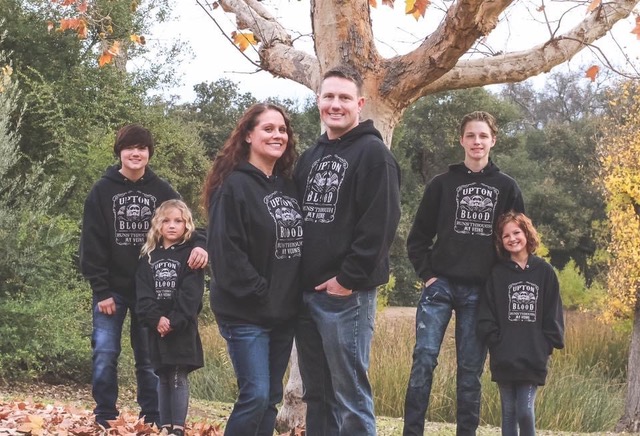By: J.U.
Imagine a baby…a beautiful baby. You dress them in frilly satin dresses with ribbon, put bows in their hair, lace bobby socks, and shiny Mary Jane shoes. You decorate their bedroom in glittered pink unicorns, and sequined purple mermaids, with a Cinderella bed and Barbie Dream House. You name them “Yvonne”, after your great-grandmother. That baby…your baby…is a boy.
We are a proud family with a transgender child. We are also a proud military family. These two terms used cohesively, “transgender” and “military” seem to bring about skepticism and debate in today’s society. A society that promotes individuality and freedom of expression yet suppresses and tries to negate those individuals who openly express and advocate for themselves.
Our son, TJ, came out to us after a suicide attempt, his first but not last. He was 13 years old. As a family, we were blindsided by this declaration. We didn’t even know what “transgender” meant, let alone how to navigate finding the mental and physical healthcare needs he would require. Luckily for us, after some research, we found TransFamily Support Services (TFSS), who immediately educated us, and worked tirelessly to ensure we had all of the tools and resources needed to help TJ begin his transition, and maintain some normalcy in his day to day life, including school, extracurricular activities, and interactions with friends and family. It has not been an easy road.
Our experience with military healthcare for adolescent transgender care has been tumultuous. TJ’s revelation came about during a time when those services were conservatively and quietly receiving patients. We only found out about it through TFSS. Public knowledge of these services were hushed and you had to “know someone” to get the information on how to begin getting the care needed. Appointments were only available two days a month and times were reserved only for a few hours in the late afternoons. TJ’s “gender team”, as they called it, consisted of a patient care manager, social worker, psychiatrist, and endocrinologist, who would only see TJ after receiving a recommendation letter from a gender therapist. Luckily for us we proactively had one in place, thanks to TFSS. In addition, TJ’s plastic surgeon was only added to his “gender team” after all of his other doctors had several documented visits.
The healthcare providers that have worked with TJ have been amazing, individually. They have been nothing but professional, supportive, and empathetic to our situation. The problem lies in the system, and the constraints that bind these people from doing their jobs effectively and timely. TJ has severe dysphoria, and the system’s willingness to treat that through hormone therapy and top surgery, even after all the documentation we had, was not taken seriously until his second suicide attempt. As the need for top surgery became more urgent, we were told an ethics committee had to be specially created for TJ’s case, and after several private meetings, without our involvement, it was finally approved and a date for this necessary procedure was set. Unfortunately, the lengthy timeframe this took led to a third suicide attempt.
TJ had his top surgery six months before his 15th birthday, a birthday that could have easily been a funeral had it not been for all of the people who advocated for him. Our family is forever indebted to those individuals who took TJ’s healthcare needs seriously in a system that is more concerned about the possibility of negative attention or scrutiny, than basic human rights for adolescents. Today, we are raising a happy, healthy teenage son, but we can never forget the long, unpaved road we had to take to get there, and the “what ifs” that will always linger in the back of our minds, had there been anymore loop holes to have to jump through to get there.
© Copyright modern military association | EIN 52-1845000 | all rights reserved | legal & Financial
